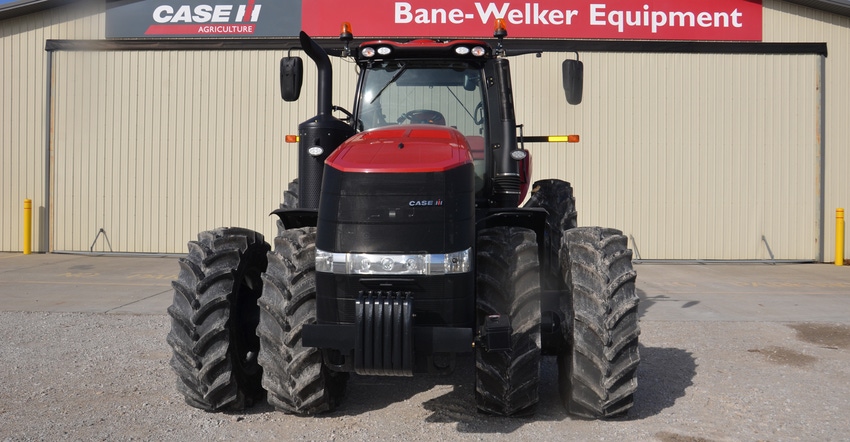
Some people figure out quickly that they need help marketing grain. When you miss out on better prices, you decide a marketing expert could help you. Others don’t mind paying a soil or crop consultant to pull soil tests, make fertilizer recommendations and provide basic crop scouting services. But when it comes to managing finances, most people figure that if their banker approves their loan, they’re good to go.
“If you’re asking for money to put up new grain bins or trade planters, as long as the banker approves it, you probably assume it’s the right decision for your business,” says Steve Kluemper of AgriStrategies LLC. “The reality is, it might be the right decision from a financial perspective, but then again, it might not be the best move overall.
“Your banker is looking at if you have sufficient collateral and enough income to make loan payments. He or she likely isn’t looking at how your financial status in the farm business will change before and after you make the investment.”
Kluemper was raised on a farm near Jasper, Ind. He spent 30 years in ag banking, including the last 10 years of his banking career with GreenStone Farm Credit Services in Michigan. Two years ago, he started his own financial consulting business. Based in East Lansing, Mich., he works with farmers in Michigan, Indiana and nearby states.
How financial consulting helps
One challenge Kluemper faces is getting prospective clients to understand why investing in a financial consultant might be worth it in the long run. Sometimes, the light bulb glows when they realize that by making sound decisions now, they could be in a better position to help a son or daughter come back to the farm in the future, or they could put the farm in a better financial position for a son or daughter to take over when they retire.
Michael Langemeier, a Purdue University Extension educator, often addresses how to use various measurements of financial health to judge the financial performance of your farm. Recently, he discussed how to compute two parameters, labor efficiency and labor productivity, to determine if your farm uses labor efficiently, or perhaps has more invested in machinery than most farms like yours.
Those are useful indicators that help get a better handle on financial performance, Kluemper says. “If you use college courses as an analogy, using measurements like those is something you would do in a 300-level course,” he explains. “Sometimes, the farmers or small businesses I work with have everything in order, and I can come along and use their information to make these kinds of comparisons. In those cases, they have the know-how to do financial planning, but simply don’t have the time. They hire me as sort of a temporary CFO to help them analyze and plan.”
More often, however, Kluemper encounters a different situation. “Many farmers are still in need of the 100-level course in financial preparation,” he says. “The first step is often helping them figure out what type of information they need to keep and how to keep it.
“Once they have the information together, assuming they see the value of planning, then we can use the more advanced tools to help them analyze their business.”
Visit the AgriStrategies website to learn more.
About the Author(s)
You May Also Like




